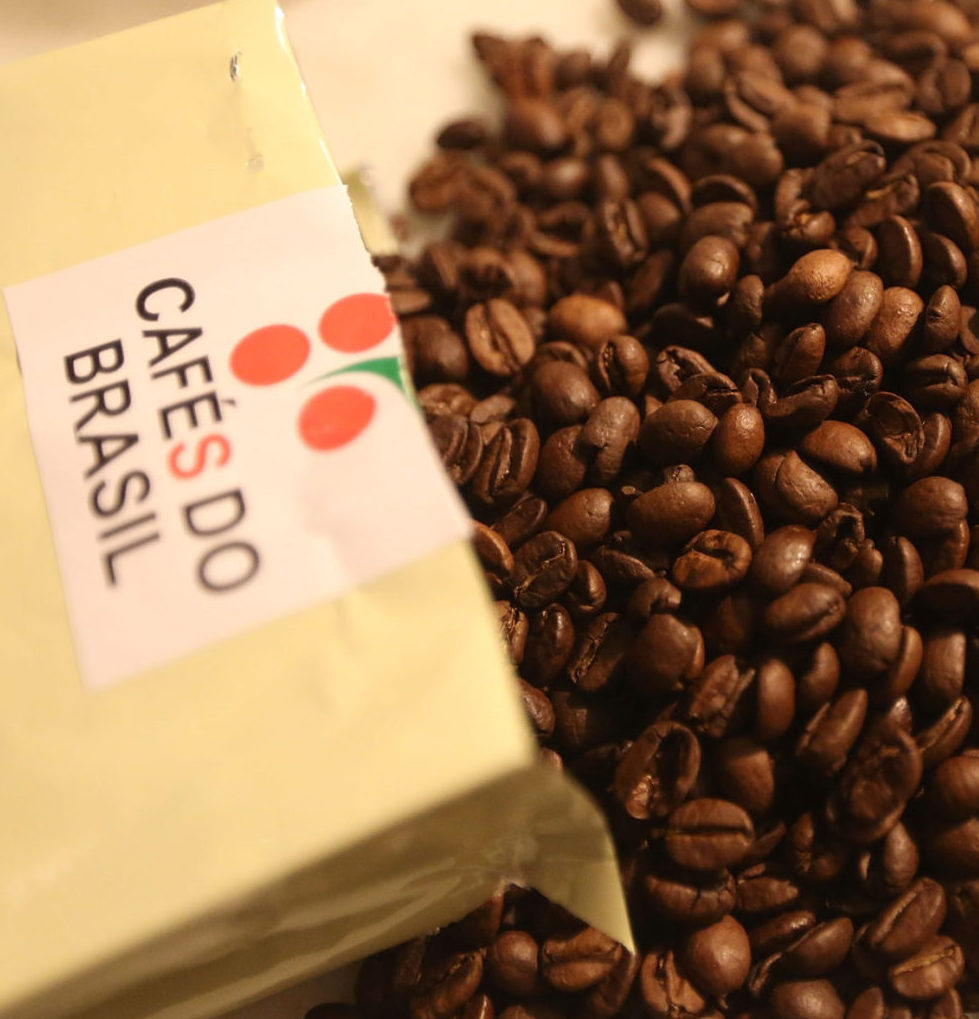Scientists look to ‘save’ coffee bean by breaking down its DNA
In the future when you are relaxing on the sofa of your favourite coffee house or blowing the froth off a home-made cappuccino, raise your cup to the 60 scientists that made it all possible… by sequencing the DNA of the humble coffee bean in a bid to save it. Disease, huge demand, droughts and global warming forced coffee corporation Nestle into a four-year research of the bean’s evolution and how it relates to tea and cocoa - and now they feel they have the knowledge to evolve new beans.
We don’t want GM coffee and the consumers don’t want it either
Dominique Crouzillat, a molecular biologist with Nestle
Decoding the DNA will enable the development of different varieties, ones resistant to bad weather or disease - or simply better tasting. Nestle’s research focused on the lower-quality robusta bean. It has a stronger, harsher flavour than the arabica bean which is used for espressos and cappuccinos but is more in demand as it produces cheaper instant coffee. Studying robusta will provide information about its hybrid cousin and offer the possibility of creating a whole new species - but this is not the start of selective breeding programmes. Nestle insist this is not the first step to genetically modified coffee and any new bean will grow naturally.

Science coffee dna